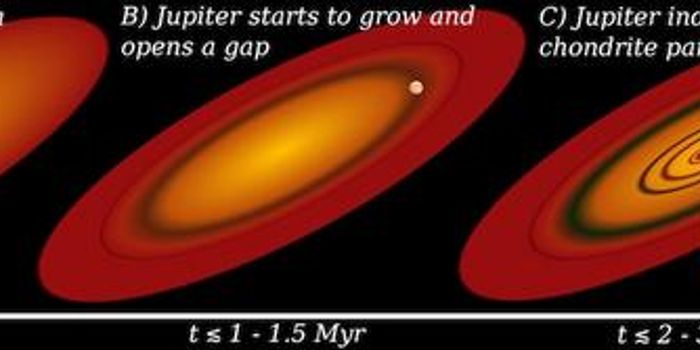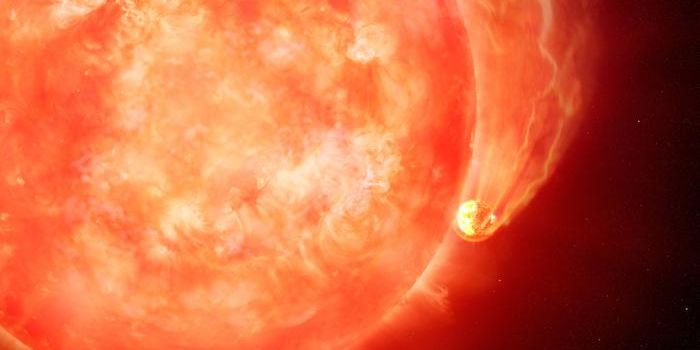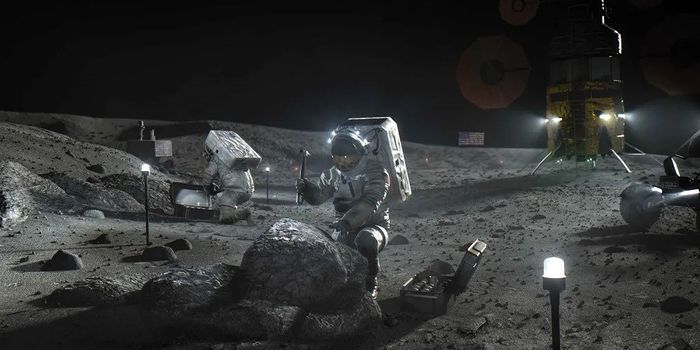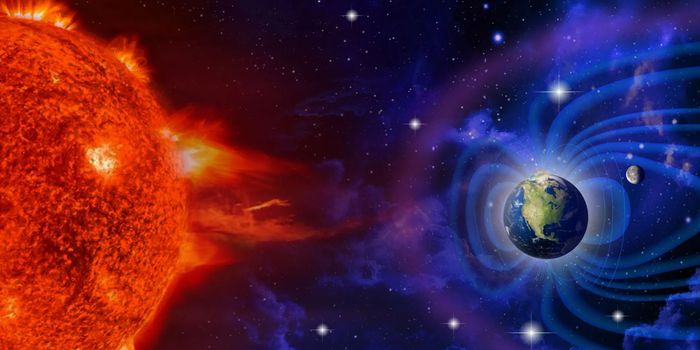Why Can't We Find Any Intermediate-Sized Black Holes?
Black holes are somewhat of a marvel of space. Although we know they’re there, we don’t have many observations of them in nature, nor do we understand every bit of black hole physics.
From time to time, we’re able to spot black holes via visual hints from nature, such as gravitational warping or sudden super-heated gas outbursts that occur when black holes burp. These are the best observations we can get with modern technology however, as we don’t currently have any direct photographs of a black hole – this is all set to change soon, however.
Image Credit: NASA, ESA, and D. Coe, J. Anderson, and R. van der Marel (STScI)
Even though we’ve observed black hole activity before, it’s worth noting that these have been either younger, smaller black holes formed from stellar cycles ending, or older, supermassive black holes at the center of spiral-like galaxies that formed after the Big Bang.
The former can pop up almost anywhere, but for the most part supermassive black holes are found only at the centers of large spiral-like galaxies. For some reason, the missing link in the middle of the two different sizes continues to elude us, and astronomers have wondered if or when we’d ever find a mid-sized black hole for eons; in fact, we don’t even know where to look.
Related: How a black hole is created
Intermediate black holes, as these mid-sized types are called, are thought to have a mass somewhere between 100-1,000,000 solar masses. This is more massive than a freshly-conceived black hole, but less massive than a supermassive black hole.
Black holes become supermassive when they devour a bevy of mass, including surrounding gasses and stars. With that in mind, a smaller black hole would eventually go through intermediate stages before becoming supermassive during its feeding cycle, and this suggests intermediate black holes must exist, but are just rare and difficult to find.
But why are they so hard to find? It comes down to hypotheticals here, but some theories have been published in the journal Nature Astronomy that could help answer this question.
Related: Stephen Hawking has a new theory regarding black holes
The research highlights that perhaps we’re just looking in all the wrong places for one. The authors of the paper contend that intermediate black holes most likely exist in dense parts of the skies, which are littered with other kinds of matter that allow a smaller stellar-born black hole to collect mass and become a supermassive black hole over long stretches of time.
All this clutter could be clouding our view of the intermediate-sized black holes, and this could explain why we haven’t had the chance to observe any just yet.
With that in mind, the best chance we have at finding intermediate-sized black holes is with gravitational wave detection technology, which is still an emerging observational concept. This can happen when incredible cataclysmic events occur, such as two black holes merging or neutron stars falling into black holes.
Current gravitational wave detection methods are very limited, so we can’t really observe these kinds of gravitational waves from such long distances just yet, but future advances in space observation equipment may be able to change that.
It could be that intermediate-sized black holes do exist, but our equipment isn’t powerful enough to find them right now. The paper emphasizes that just because we haven’t found any yet, it’s not a good enough reason to say they don’t exist at all.
It should be interesting to see what kinds of gravitational wave data are uncovered in the future, especially since it might be our best chance at finding these elusive mid-sized black holes. And who knows, maybe we’ll even discover something new in the middle of it all.
Source: Phys.org









